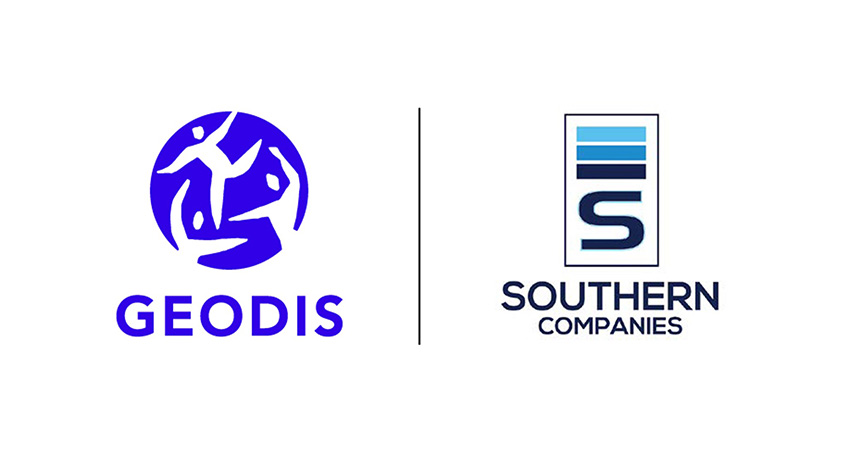Geodis, a global provider of freight forwarding and logistics, has added drayage services at southern and gulf ports with the acquisition of Miami-based Southern Companies, following on and complementing its 2022 purchase of Need It Now Delivers.
Southern Companies provides drayage, container deconsolidation/consolidation, trucking and warehousing services at the ports of Miami, Tampa, the Everglades, Houston, Charleston and Savannah. Its 80 employees will remain with the family-owned business, which was founded in 1965. Terms of the acquisition were not disclosed.
Geodis in Americas, based in Brentwood, TN, has more than 150 warehouses and 50 million-plus square feet of space, employing 17,000.
“By combining our capabilities with Geodis’ exceptional leadership, deep bench of experts and global footprint, we can expand our reach and provide an even broader range of services to our clients to help them navigate today’s complex supply chain landscape,” said Jorge Mora, owner and CEO of Southern Companies in a release.
Mike Honious, President and CEO of Geodis in Americas, said Southern Companies fit Geodis’ plans to build an end-to-end supply chain for clients. He said Need It Now Delivers already had a working relationship with Southern Companies, which opened the door to discussions and an eventual deal.
Southern Companies’ Miami location handles freight coming to and from Latin America. Its clients include shippers in fast-moving consumer goods, retail and industrial.
“We not only have an opportunity to build out the drayage component throughout the supply chain, but I believe we can find synergies with the deconsolidation/consolidation services,” Honious said. He added Geodis has its own drayage operations on the east coast and contracts services on the west coast.
Need It Now Delivers has operations at ports in New York/New Jersey and California, also offering last-mile delivery in addition to freight handling.
In addition to the services it provides, the Southern Companies acquisition was strategic based on the shift of inbound freight volume from ports in the west to those in the east, south and Gulf regions. “It complements our capabilities on the west coast, giving us the ability to move freight going in and out of the majority of the U.S.,” he said.

